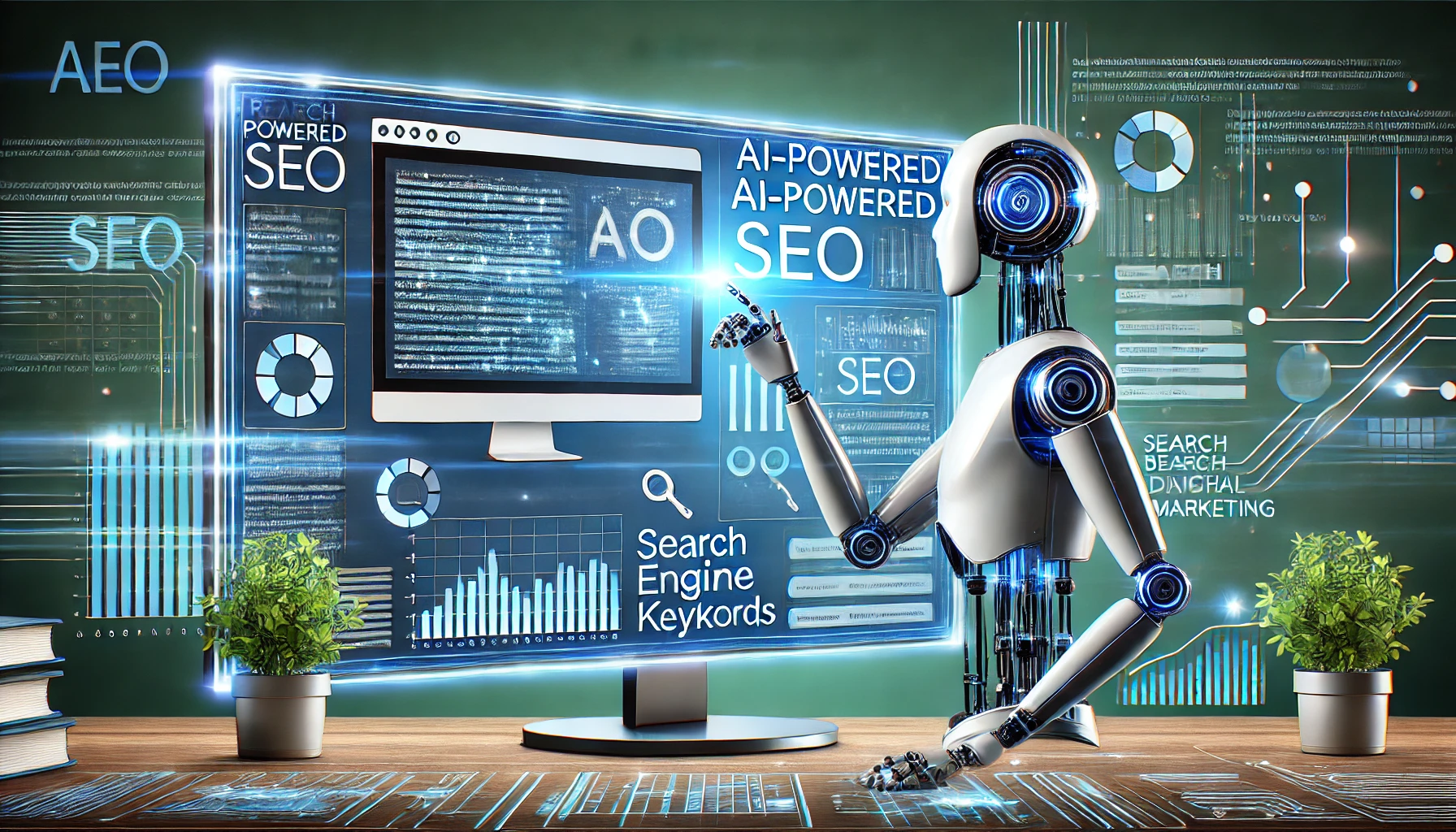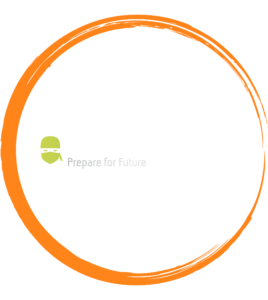AI-Powered SEO: Optimising Your Website for Search Engines
How AI Can Improve Search Rankings
In today’s digital age, search engine optimisation (SEO) has evolved into a sophisticated practice. As businesses strive for top rankings, staying ahead of the curve requires more than just traditional SEO methods. Enter artificial intelligence (AI)—a game-changer that’s transforming the way websites are optimised for search engines. But how exactly can AI help boost search rankings? Let’s dive into the ways AI is revolutionising SEO and how you can harness its power for your website.
What is AI-Powered SEO?
AI-powered SEO involves leveraging machine learning and algorithms to optimize content for search engines in a more intelligent and efficient manner. Rather than relying on manual methods, AI tools analyze large datasets to provide actionable insights on keywords, user behavior, and search engine trends. This makes the process faster, more accurate, and adaptive to ongoing changes in search engine algorithms.
Why Use AI in SEO?
Search engine algorithms are constantly evolving, making it challenging for businesses to keep up. AI helps by:
- Analyzing massive amounts of data: AI tools can process and analyze data much faster than a human can, identifying trends and opportunities for optimization.
- Predicting search trends: With AI, you can predict upcoming search trends and optimize content to align with future search demands.
- Improving efficiency: Automating routine SEO tasks allows businesses to focus on strategy and content creation rather than getting bogged down in repetitive work.
Key Ways AI is Improving SEO
AI brings several distinct advantages to the SEO table. Below are some of the key areas where AI is making a significant impact:
1. Advanced Keyword Research
Gone are the days of manual keyword research. AI tools can identify not only the most relevant keywords but also long-tail keywords that have lower competition and higher conversion potential. These tools can:
- Analyze user intent behind search queries
- Identify keyword gaps in your content
- Discover trending keywords across multiple platforms
For example, tools like SEMrush and Ahrefs use AI to automate keyword analysis, suggesting keywords that are most likely to help you rank higher.
2. Content Optimization
AI helps you optimize your content based on both search engine algorithms and user behavior. Through natural language processing (NLP), AI can analyze your content and suggest changes to improve readability, keyword density, and overall SEO performance. AI tools can:
- Suggest optimal keyword placements
- Enhance content readability and structure
- Identify areas for content improvement based on competitors’ pages
Tools like MarketMuse and Clearscope use AI to evaluate how well your content matches search engine expectations and suggests edits to ensure it ranks higher.
3. On-Page SEO Audits
Conducting an on-page SEO audit is essential to ensure your website meets search engine standards. AI-powered SEO audit tools can automatically assess various aspects of your website, including:
- Page load speed: Search engines prefer faster-loading websites.
- Mobile-friendliness: A responsive design is crucial for search rankings.
- Meta tags and headers: AI can analyze your meta tags and headers to ensure they are optimized for search engines.
By automating these checks, AI saves you time and ensures your website is always optimized.
4. Voice Search Optimization
With the rise of voice-activated assistants like Siri, Alexa, and Google Assistant, voice search optimization has become a critical part of SEO. AI can help you optimize for voice search by:
- Analyzing voice search patterns
- Optimizing for conversational keywords
- Structuring content to provide direct answers to questions
AI can also help predict what type of voice searches are likely to increase in popularity, enabling you to optimize your content accordingly.
5. User Experience (UX) Improvement
User experience is a significant ranking factor for search engines. AI tools help you understand how users interact with your website and identify areas for improvement. They track:
- Bounce rates
- Time spent on page
- Click-through rates
By analyzing this data, AI can suggest ways to enhance UX, such as improving navigation, reducing load times, and making content more engaging. Better user experience translates into longer visits and higher rankings.
Practical Steps to Implement AI-Powered SEO
Implementing AI-powered SEO into your strategy doesn’t have to be complicated. Here’s how you can start:
- Choose the right tools: There are numerous AI tools available, from content optimization platforms to keyword research and on-page audit tools. Select those that suit your specific needs.
- Integrate AI into your content strategy: Use AI insights to guide your content creation. Ensure your content is optimized for both search engines and user intent.
- Monitor performance: Use AI to track your SEO performance over time. AI tools can provide real-time analytics and insights into how your content is performing, helping you adjust your strategy as needed.
The Future of AI in SEO
AI-powered SEO is just the beginning. As AI technology continues to advance, we can expect even more sophisticated SEO strategies. In the near future, AI could:
- Automatically adjust website elements based on real-time data
- Predict changes in search engine algorithms and suggest proactive optimizations
- Further integrate with tools like AR (augmented reality) and VR (virtual reality) to offer more immersive content experiences
Conclusion
AI-powered SEO is no longer a futuristic concept—it’s here and shaping the way websites are optimized for search engines. By leveraging AI for keyword research, content optimization, on-page audits, voice search, and UX improvements, you can stay ahead of the competition and improve your search rankings.
Ready to embrace AI-powered SEO? Start with the right tools, focus on user-centric content, and monitor your performance to make data-driven decisions. The future of SEO is AI-driven—don’t get left behind.




